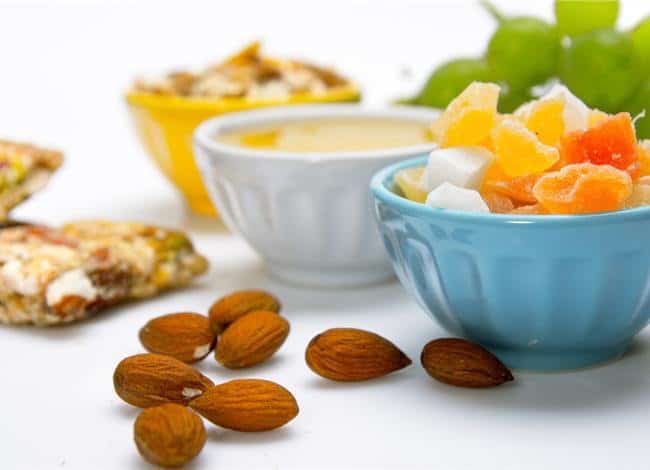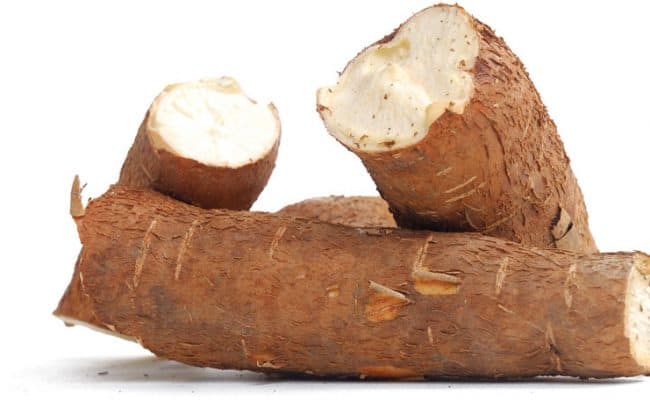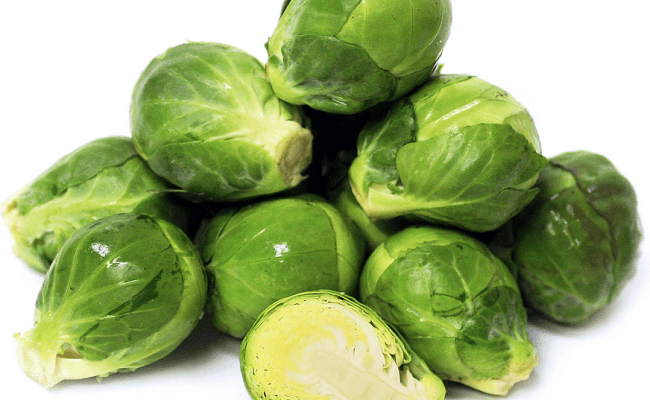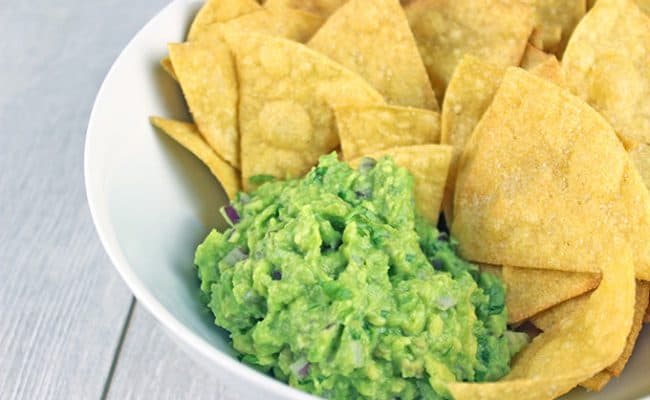
Waning energy throughout the day or having a hard time feeling energized in the morning are common problems for many adults. Besides sleep, stress and hormone levels, food intake could have a big impact on your energy levels.
In general, foods that provide a lot of nutrients and fiber are good sources for sustained energy. Caffeine can be a quick fix, but it can send you crashing later.
Here are foods that can boost energy and foods that seem to be energy boosting but aren’t.
Fruits and vegetables
Fruits and vegetables are a natural source of energy from carbohydrates. However, they also provide fiber which slows the release of energy from the digestive tract. This sustained energy, instead of getting released all at once, keeps blood sugar levels stable sending the message to your brain that your energy level is good.
Fruits and vegetables are a source of antioxidants and phytochemicals that can protect body cells from damage. These antioxidants also can boost immune health. Eating a variety of colors of fruits and vegetables is the best way to get different kinds of phytochemicals. Eating purple, green, orange, red, yellow and blue fruits and vegetables can provide your body with a wide amount of beneficial antioxidants.
Crunchy fruits and vegetables like apples, carrots, celery, cucumbers, etc. can help you stay awake just because of all the loud chewing you need to do! In fact, chewing on an apple in the morning may help give you an energy boost more than a cup of coffee.
Be aware that drinking fruit juice does not have the same effect on the body as eating whole fruits. Juice has no fiber to slow down the absorption of sugar. It may still contain important nutrients, but by skipping the fiber you are losing out on an important part of the fruit. Drinking juice could spike blood sugar then send it crashing, which does not help energy levels.
Balanced meals
A general tip for boosting energy is to eat meals balanced with carbohydrate, fat and protein. A mix of all nutrients will ensure sustained blood sugar levels and avoid a sudden crash of blood sugar. The carbohydrate source should be high in fiber, so it could be fruits, vegetables, whole grains, legumes or a combination of sources.
Healthy fats and proteins can balance sugar levels along with fiber, and they provide other sources of vitamins and minerals. Healthy fats can be olive oil, nuts, coconut oil, grass fed butter or avocados.
Choose lean proteins for best energy levels. Proteins have a high satiety, meaning they keep you satisfied for a long time. You don’t want to feel like you need a nap after you eat. Keep portion control in mind and a good balance between fibrous carbs, lean proteins and healthy fats for optimal energy levels.
Iron sources
Iron deficiency is a common cause of lethargy and low energy, especially for females. Eating enough iron can ensure you are boosting energy levels for the long term. Animal sources of iron, like red meat, are best absorbed. Plant sources, like dark green leafy vegetables beans or dried fruit, have a lower absorption level, but eating a vitamin C source with plant iron foods increases absorption.
Avoid energy or sugary drinks
Energy drinks and coffee drinks are usually high in sugar, caffeine and that’s about it. They can offer short term energy, but over time it can have a negative effect on hormone levels and cause fluctuations in blood sugar levels.
Instead of reaching for energy drinks, try regular tea for a pick me up. Tea still has caffeine but not as much as coffee or energy drinks. Plus teas have beneficial phytochemicals and don’t have the sugar rush.
Avoid packaged foods with chemicals
Choose natural, unprocessed foods for the best boost of energy. Avoid choosing packaged foods that have added artificial ingredients. If you usually reach for an energy bar when you need a pick me up, choose brands that use real food ingredients, limited artificial ingredients and aren’t high in added sugar. Energy bars should also be a source of protein and fiber, so try to choose one based on nuts and fruits for example.
Conclusion
Boosting energy can come from extra sleep, shift in stress levels and healthy hormone levels. However, food intake can also have a strong impact on energy levels. Fruits and vegetables can give you a healthy boost, and these will also give you a fiber, vitamin, mineral and phytochemical boost too.
Eating balanced meals between protein, fat and carbohydrates is important for keeping blood sugar levels stable, which in turn will keep energy levels stable. Eating iron rich foods can also boost energy, as iron deficiency will cause low energy and fatigue. Iron rich foods include red meats, oysters, poultry, eggs and dark green leafy vegetables.
Avoid the trap of drinking sugary energy or coffee drinks, as these may give you a caffeine boost but are a poor source for sustained energy. Choose natural foods with minimal added artificial ingredients for boosting energy levels in a healthy way.










